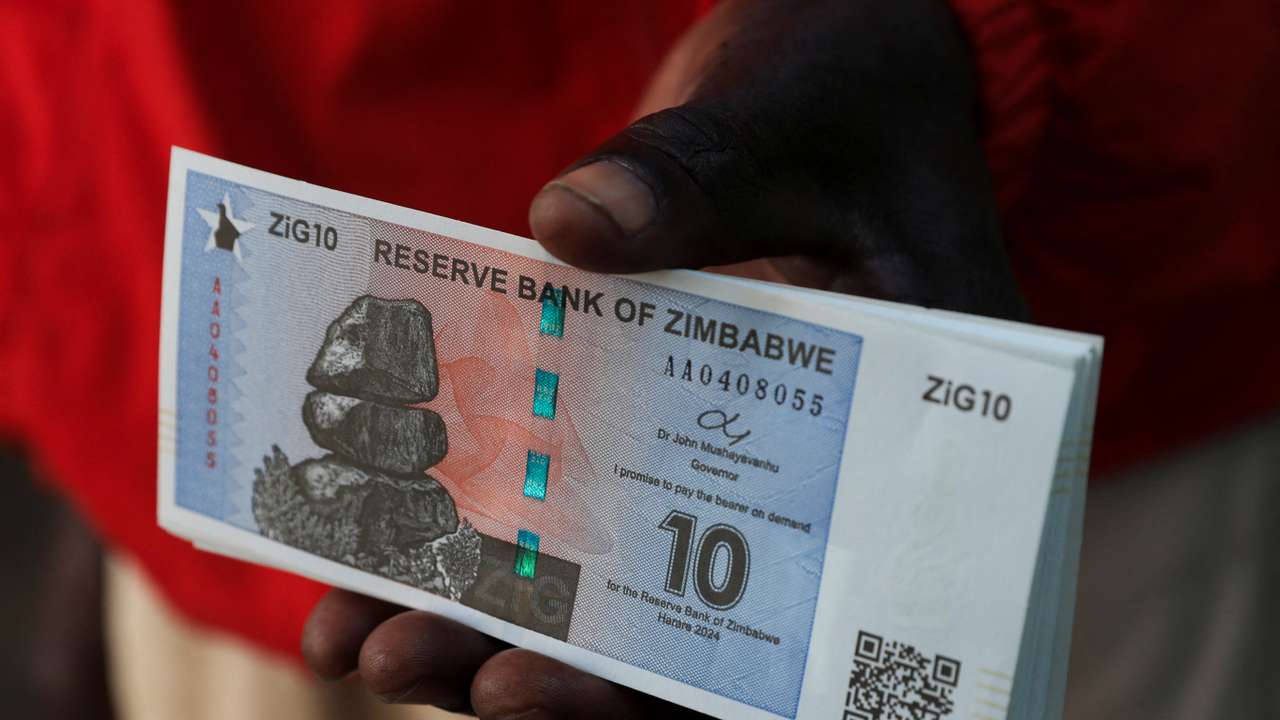Zimbabwe Roundup: Rise of sleeping sickness, great losses from market fire, cement industry in crisis

Market fire causes financial loss
In Zimbabwe, a recent devastating fire at the Mbare Musika market has resulted in an estimated loss of around US$5 million in goods and savings for traders, further highlighting the ongoing economic crisis in the country. Presently, approximately 40% of Zimbabweans are living in extreme poverty, and a significant number are engaged in informal work as the economy's instability deepens. The government has introduced a new currency, the Zimbabwe Gold (ZiG), aiming to stabilise the economy; however, this initiative has only generated more uncertainty. According to Daily News, the historical backdrop of financial mismanagement and hyperinflation has severely undermined public trust in banking institutions, leading to an extensive informal economy where many transactions occur off the books. Traders like Irene Mutanga have had to adapt to a dual-currency system, accepting both US dollars and ZiG, all while trying to rebuild their businesses in the aftermath of the fire and manage immediate financial responsibilities.
Zimbabwe's FDI expected to surpass $3 billion in 5 years
A memorandum of understanding (MOU) has been established between the Zimbabwe Building Contractors Association (ZBCA) and the Zimbabwe Investment and Development Agency (ZIDA), with expectations to generate over US$3 billion in foreign direct investment (FDI) over the next five years. ZBCA president Dr. Tinashe Manzungu noted that FDI inflows currently range between US$400-500 million annually, but the new collaboration is aimed at achieving an annual growth rate of 10-15%. Financial Fortune Media reports that this partnership is designed to streamline investment processes, increase investor confidence, and enhance local contractors' skills through targeted training. Additionally, it seeks to advocate for investment-friendly policies and promote regional cooperation in infrastructure development.
Cement industry hit
Khayah Cement, formerly Lafarge Cement, acquired by Fossil for $29.7 million in 2022, is currently confronting significant operational challenges despite the robust demand for cement in Zimbabwe. The company has entered voluntary business rescue owing to inherited debts totalling $11 million, coupled with operational inefficiencies and recurrent plant breakdowns. The Zimbabwe Mail reports that the adverse effects of US sanctions have restricted access to vital financing and suppliers. Production-related difficulties have been exacerbated by a three-year overdue kiln maintenance, in addition to a roof collapse at the mill facility. Moreover, government-sanctioned cheaper imports of cement have adversely impacted Khayah's sales and growth prospects; the company acknowledges its inability to compete with lower prices attributed to high production costs. Challenges in management and a shortage of engineering expertise are compounding the operational issues. Bulisa Phillimon Mbano has been appointed as the Corporate Rescue Practitioner to navigate the company through these difficulties, all while acknowledging the persistently strong demand for cement in the market.
East African Sleeping Sickness in Zambia and Zimbabwe
East African sleeping sickness is a parasitic disease transmitted through bites from infected tsetse flies, primarily affecting rural populations. Symptoms of sleeping sickness can manifest rapidly, highlighting the necessity for immediate medical intervention upon experiencing signs such as headache, fever, fatigue, or skin rashes following potential exposure to tsetse flies. Early diagnosis and prompt treatment are essential for a successful recovery. For further information, it is recommended to consult the CDC's resources on sleeping sickness reports Zawya.
Poachers killed
Two suspected poachers were killed in a shootout with Zimbabwe Parks and Wildlife Management Authority (ZimParks) rangers in Makuti’s Musingwizi area on December 21, 2024, the Zimbabwe Republic Police (ZRP) confirmed. In a statement on Monday, ZRP said investigations are ongoing and further details will be shared later. “The ZRP confirms the death of two poachers during a shootout with Zimparks rangers in Musingwizi Area, Makuti on 21 December 2024. More details to be released in due course,” Nyathi said according to New Zimbabwe.